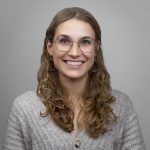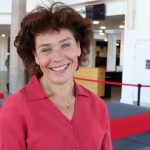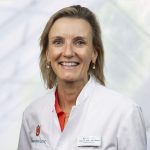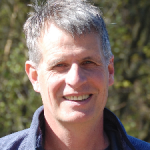Emily Farran is Professor of Cognitive Development, at the University of Surrey, UK, and a member of the Centre for Educational Neuroscience, University of London, UK. Emily directs the Cognition, Genes & Developmental Variability Lab. Her research relates to cognitive development, with a specific emphasis on spatial cognition. The broad aim of her research is to characterise typical and atypical development of cognitive functions within the context of the developing brain. This involves analytical investigation of spatial performance in both small-scale (e.g. perception, mental imagery) and large-scale space (navigation and route learning abilities), and the relationship between spatial thinking and Science Technology Engineering and Maths (STEM). Emily works with primary school children and individuals with genetic syndromes. Emily has published over 100 journal articles and her research has been funded by the Economic and Social Research Council, the British Academy, the Leverhulme Trust, the Nuffield Foundation, the Wellcome Trust, the Education Endowment Fund, the Waterloo Foundation, Autour des Williams, the Williams Syndrome Foundation, and Fondation Jerome Lejeune.










